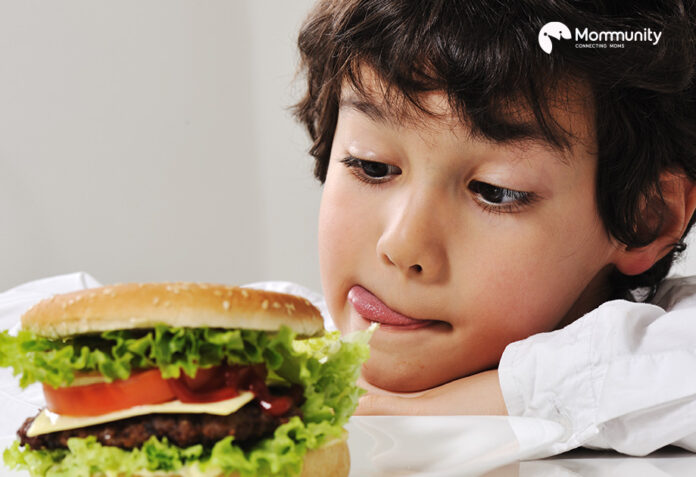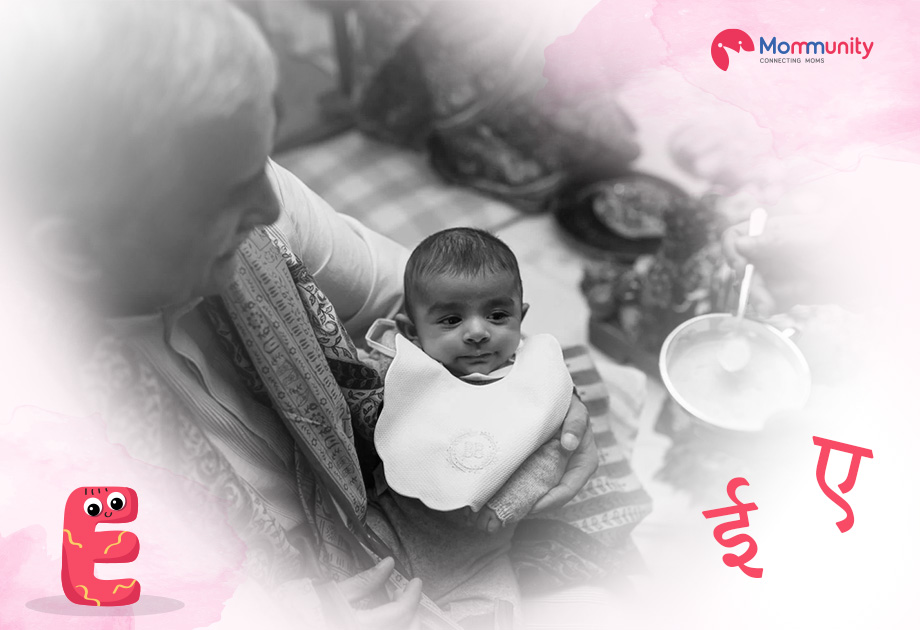In the fast-paced rhythm of modern life, parents often find themselves at a crossroads when making dietary choices for their children. The convenience of instant foods seems like a savior during hectic days, but it brings along a shadow of guilt. Can resorting to quick meals compromise the title of a ‘good parent’? Do I become a bad parent if I feed my child instant food?
This question weighs heavily on many, stirring an internal debate that touches on the very essence of parenting and nutrition. Let’s unpack this complex issue, shedding light on the myths, facts, and heart of what it means to nourish our children.
The Guilt Trap: Why It’s More Common Than You Think
Universal Concern
Many parents experience a universal concern when it comes to feeding their children instant or processed food. This is often accompanied by a feeling of guilt, which indicates a deeper desire to provide the best possible nutrition for our little ones. This concern is a reflection of the high standards that parents set for themselves when it comes to the health and well-being of their children.
Cultural and Social Pressures
In our society, there is a lot of pressure when it comes to parenting, especially when it comes to the food we provide for our children. There is a pervasive cultural belief that parents should be providing only the best, healthiest, and most organic meals for their children. This can create a lot of stress and anxiety for parents who feel like they are falling short of these expectations, even though, in reality, it is often not feasible to maintain such standards all the time.
Debunking the Myth: Is Instant Food Really ‘Poison’?
Understanding Instant Food
It’s worth noting that instant foods have long been associated with poor health outcomes. This is due to their high sodium content, preservatives, and low nutrient density. However, it’s important to recognize that not all fast meals are equally harmful.
The Balance Approach
It is important to maintain a balanced approach when it comes to food. While it is true that consuming fresh and nutrient-rich meals is always a better option, it’s also okay to occasionally rely on instant meals. It is important to understand that this does not make one a bad parent. The key is to find a balance that works for you and your family, ensuring that all necessary nutrients are being consumed while still enjoying the occasional convenient meal.
Setting the Standard: The Role of Parents in Dietary Choices
Being Informed
It is crucial for parents to have access to information on the nutritional value and ingredients of the food they are buying. Such knowledge can be instrumental in helping them make informed choices, even when opting for convenience foods.
By being aware of the nutritional content and ingredients of the food they are feeding their children, parents can ensure that their children are consuming a healthy and balanced diet, which is essential for their growth and development.
The Importance of Moderation
It’s crucial to maintain moderation in our dietary habits as it allows us to strike a balance between convenience and nutrition. It’s important to realize that achieving the perfect diet is unattainable, just like being a perfect parent. Therefore, it’s best to focus on finding a sustainable and healthy dietary pattern that works best for us.
Healthy Alternatives and Strategies
- Meal Planning
Investing time in meal prep can reduce the reliance on instant foods without adding undue stress.
- Educating on Food Choices
Teaching children about nutrition and involving them in meal preparation can instill healthy eating habits.
- Seeking Healthier Instant Options
The market offers a range of healthier quick meals that are low in additives and higher in nutrients.
The Healing Nature of Food
Food as Medicine
One way to make better food choices is to focus on the idea of “Food as Medicine.” Rather than just eating to fill ourselves up, we can choose foods that have healing and energizing properties, helping us to nourish our bodies and feel our best. By prioritizing these foods, we can support our overall health and well-being.
The Vitality Equation
When it comes to choosing the right foods, it’s important to consider their impact on our body and mind. The vitality equation is a helpful guide that suggests our meals should not only provide us with energy but also boost our immunity and promote overall well-being. Therefore, before making any food item a part of our diet, we should ask ourselves whether it meets these criteria to make the most out of our meals.
Redefining ‘Good’ Parenting
Beyond the Plate
Parenting goes beyond the food choices we make for our children. It encompasses creating a loving and secure environment for them, providing them with quality education, and offering emotional support whenever they need it. These are the essential elements that make good parenting and help our children grow up to be responsible, happy, and successful individuals.
The Imperfection of Parenting
Parenthood is a challenging journey, and striving for perfection in every aspect of it can be an unrealistic standard. One such aspect is the child’s diet. Acknowledging that no one is perfect and accepting minor imperfections in this aspect can go a long way in reducing stress and anxiety. The pressure to create a perfect diet for the child can sometimes do more harm than good, and it is important to be realistic and practical about it.
The question of whether using instant food makes one a bad parent is rooted in broader concerns about health, convenience, and societal expectations. It’s essential to step back and view the issue in the wider context, recognizing that parenting is a multifaceted journey filled with challenges and compromises. Nourishment is not solely about the food we serve but also about the environment we create, the love we share, and the lessons we impart.
A packet of noodles is not a marker of bad parenting; instead, it’s the overall diet, lifestyle, and values we instill in our children that genuinely matter. Let’s adopt a balanced approach, where there’s room for both the quick fixes and the nourishing meals, guided by love, understanding, and the wisdom to know the difference.




